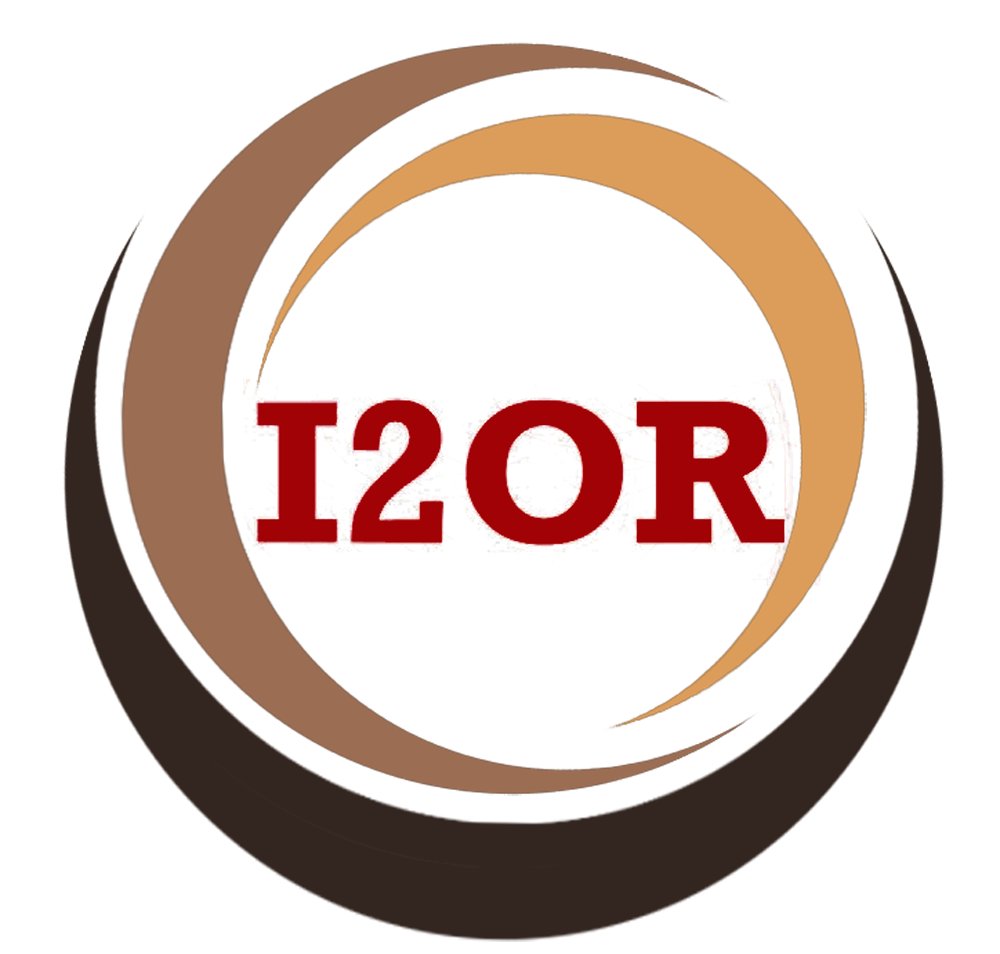Technological innovations to transform contemporary pedagogical models in Panama
DOI:
https://doi.org/10.53485/rsu.v8i3.647Keywords:
Technological innovations, Pedagogical models, Digital divide, Digital literacy, Artificial intelligenceAbstract
In Panama’s educational context, there is a significant challenge to incorporate technological innovations that drive the evolution and transformation of contemporary pedagogical models. The main objective of this research was to analyze the impact of such innovations on the transformation of current teaching practices. The study was framed within a post-positivist paradigm, using a mixed-methods approach combining qualitative and quantitative techniques. It was descriptive and exploratory, with a non-experimental field design, applying hermeneutic methods for data analysis. Data collection involved semi-structured interviews with education experts and surveys administered to professionals in the sector. The findings highlight the potential of emerging technologies such as artificial intelligence, augmented and virtual reality, and digital platforms to enrich teaching and learning processes. However, significant barriers were identified, including the persistent digital divide, insufficient digital literacy among teachers and students, the need to transform traditional methodologies, and ethical implications related to technology use. It is concluded that effective and sustainable adoption of these innovations requires ongoing investment in technological infrastructure, continuous teacher training programs, flexible curricular adaptation, and the development of clear normative and ethical frameworks to ensure equitable, inclusive, and quality education. This will prepare new generations to face the challenges of the twenty-first century with strong digital competencies and critical thinking skills.







